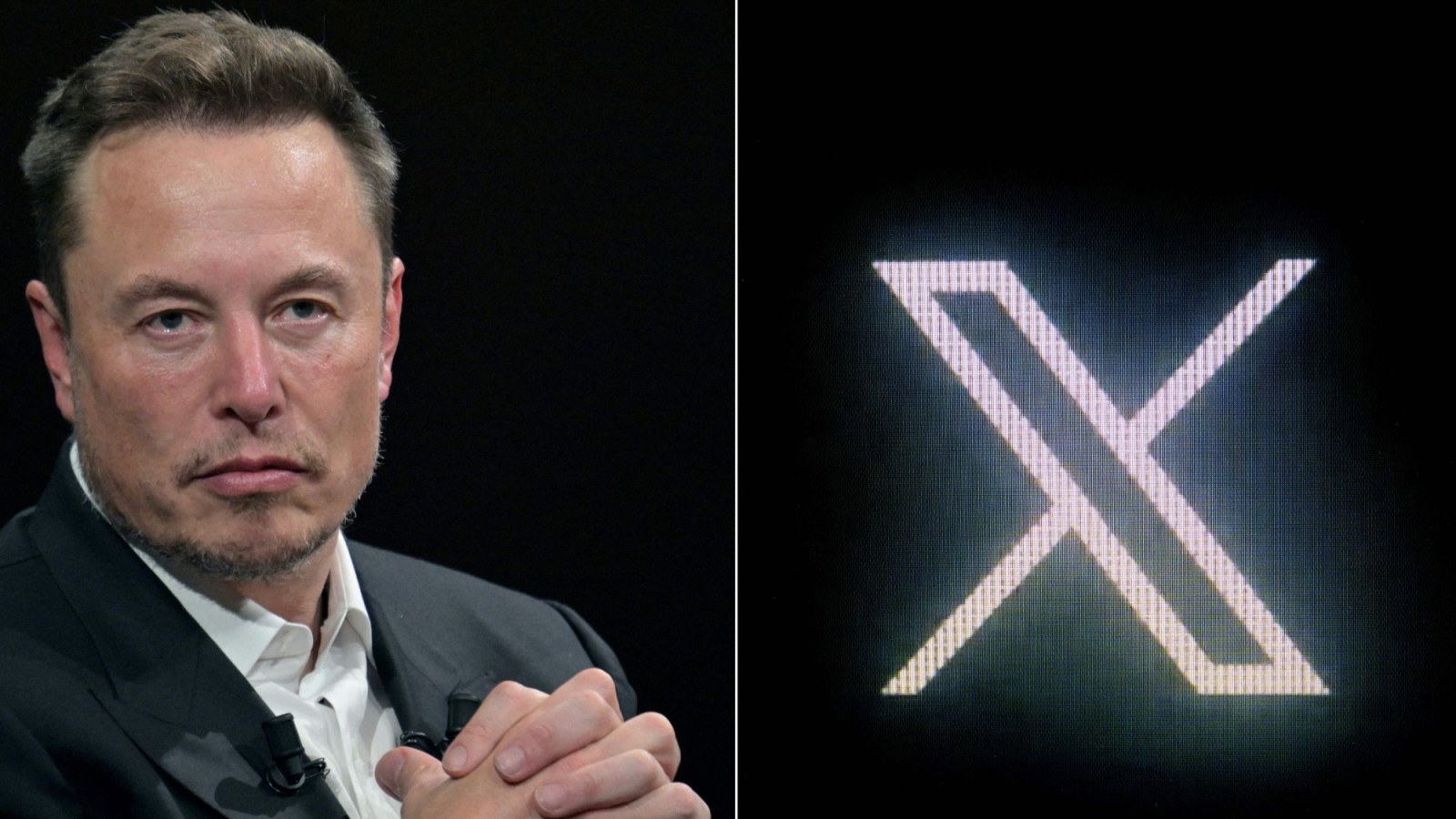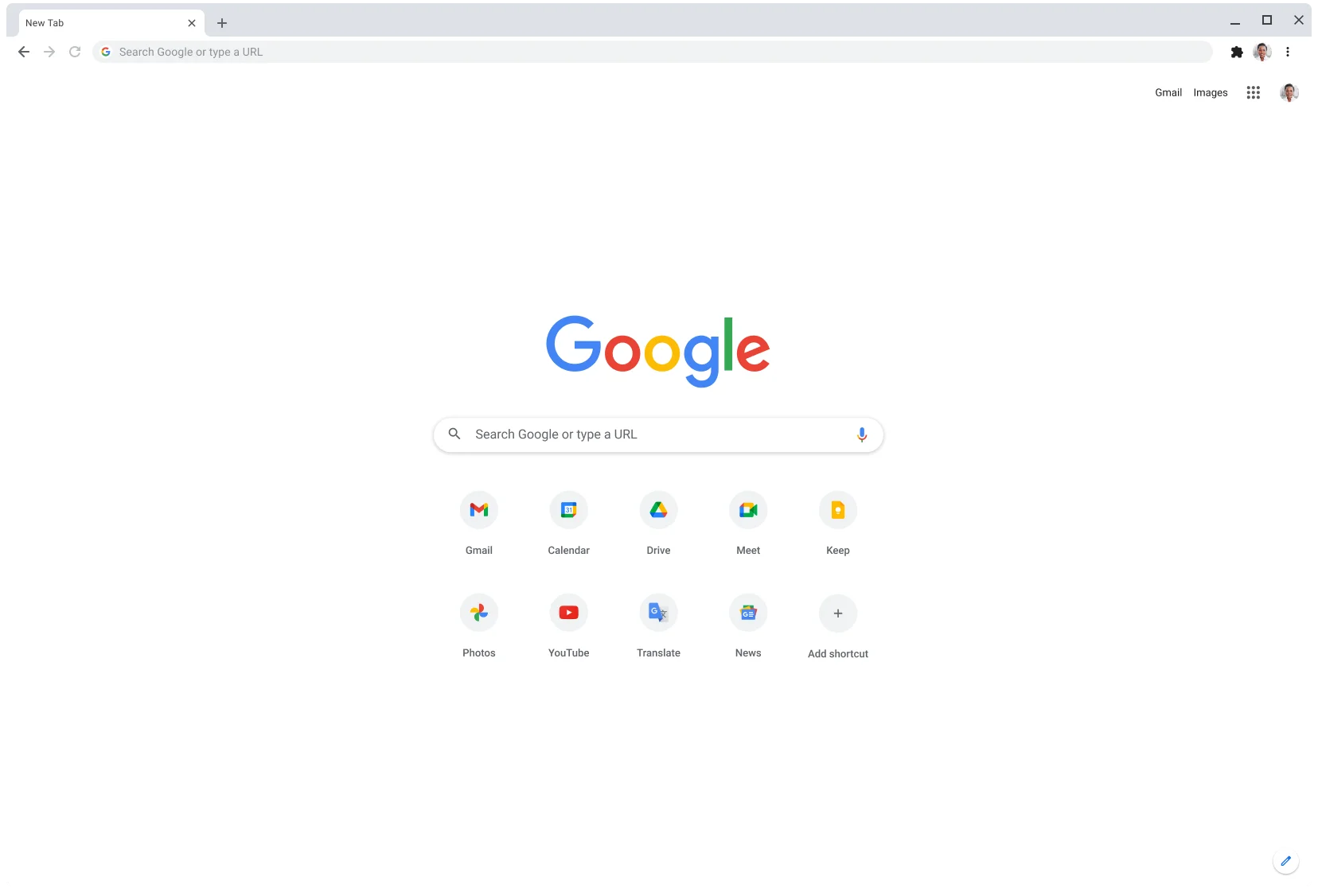Meta drops fact-checking, loosens its content moderation rules
Meta is ending its third-party fact checking program, moving to a Community Notes model over the coming months. Community Notes is what sites like X.com use
Tech Crunch
CALIFORNIA, 7 JAN
Meta, the parent of Facebook, Instagram and Whatsapp, on
Tuesday announced a major overhaul of its content moderation policies, taking
off some guardrails that it had put in place over several years, in response to
criticism that it had helped spread political and health misinformation.
In a blog post called “More speech, fewer mistakes”, Meta’s new chief global affairs officer, Joel Kaplan, outlined changes in three key areas to “undo the mission creep,” as he put it:
Meta is ending its third-party fact checking program, moving
to a Community Notes model over the coming months. Community Notes is what
sites like X.com use.
It is lifting restrictions around “topics that are part of
mainstream discourse,” instead focusing enforcement on “illegal and
high-severity violations” in areas like terrorism, child sexual exploitation,
drugs, fraud and scams.
Users will be encouraged to take a “personalized” approach
to political content, making way for considerably more opinion and slant in
people’s feeds that fits whatever they want to see. Yes, Meta is leaning into
letting you create the echo chamber you’ve always wanted.
The moves are significant in part because they precede a new
presidential administration in the US taking charge later this month. Donald
Trump and his supporters have signalled their interpretation of free speech to
be significantly more focused on encouraging a much wider set of opinions.
Facebook has been in the crosshairs of their criticism
throughout the past few years, not least because at one point one of the people
it banned from its platforms in the name of content moderation was Trump
himself.
Meta’s content moderation provisions were put in place and
honed over a number of years following political and public criticism of how it
helped spread election misinformation, bad advice on Covid-19, and other
controversies. The fact checking, for example, was first developed in 2016,
with Meta working with third-party organizations on the heels of accusations
that Facebook was being weaponised to spread fake news during the U.S.
presidential election.
This eventually also led to the formation of an Oversight
Committee, more moderation, and other levers to help people control what
content they saw, and to alert Meta when they believed it was toxic or
misleading.
But these policies have not sat well with everyone. Some critics argue that the policies are not strong enough, while others believe they lead to too many mistakes, and others say the controls are too politically biased.
Leave a Reply
Your email address will not be published. Required fields are marked *











.png)
.png)
.png)






